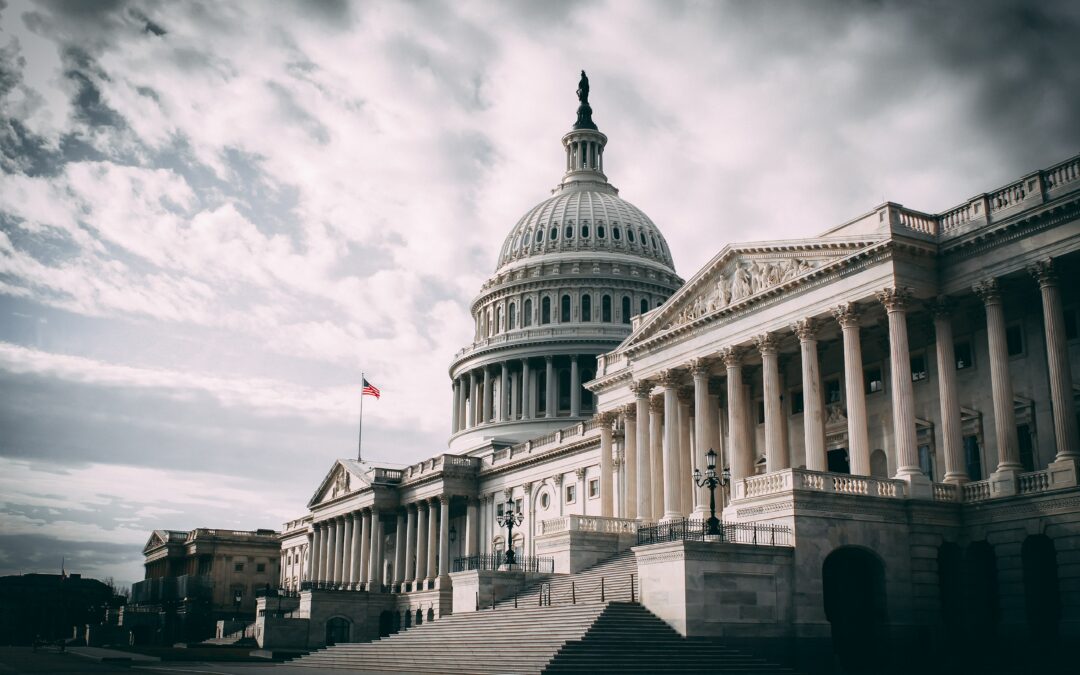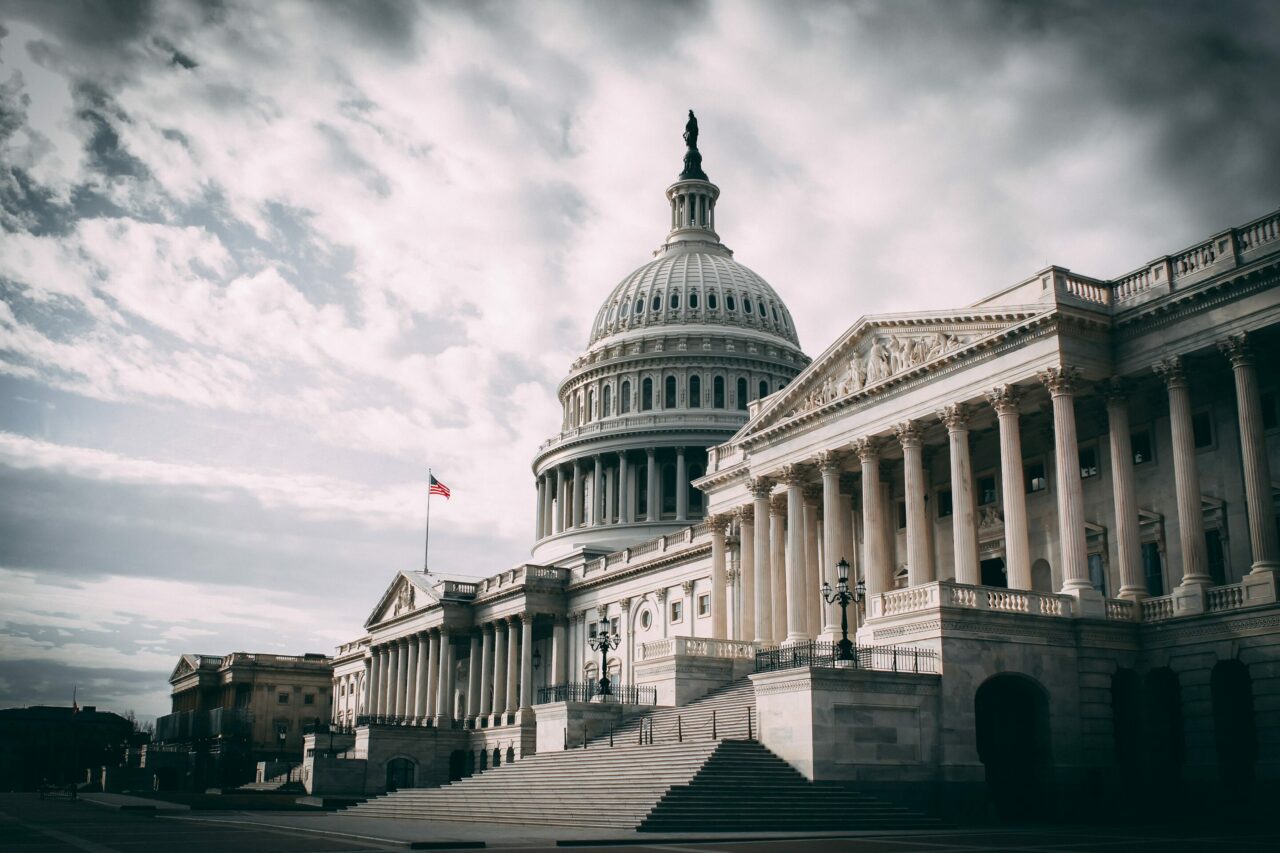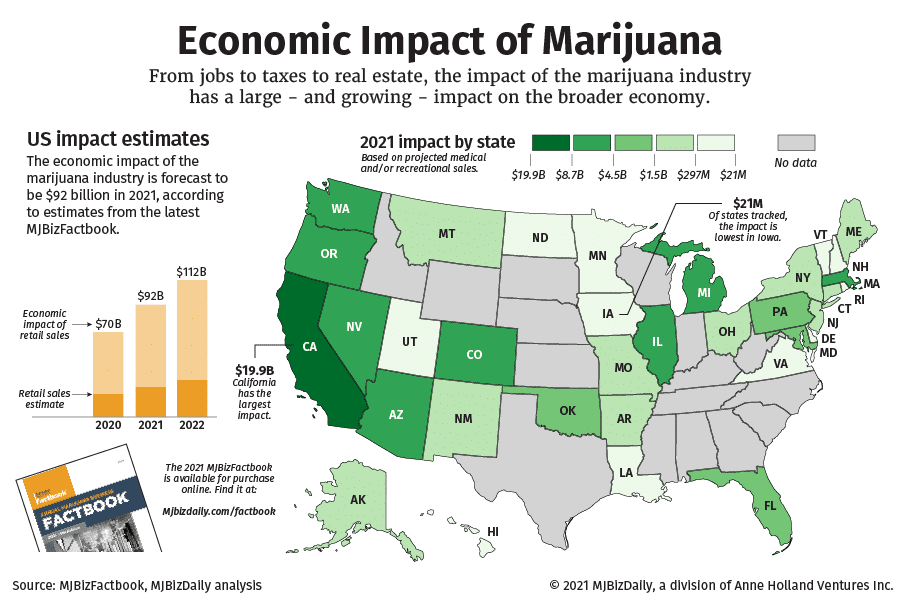
Republicans Push for Federal Legalization of Marijuana

Republican lawmakers introduced legislation this week that would federally legalize and regulate marijuana, saying the proposal was necessary to ensure “individual liberty” and protect states’ rights.
Representative Dave Joyce, a Ohio Republican, introduced the proposed legislation to end the longstanding federal prohibition of marijuana along with Representative Don Young, an Alaska Republican.
The bill would remove cannabis from the Federal Controlled Substances list; instruct the government to create a regulatory framework for marijuana similar to the alcohol industry; allow the Department of Veterans Affairs to prescribe medical cannabis; and protect financial institutions dealing with marijuana distributors and growers.
“For too long, the federal government’s outdated cannabis policies have stood in the way of both individual liberty and a state’s 10th Amendment rights. It is long past time that these archaic laws are updated for the 21st Century,” Young said in a Wednesday statement.
The Republican congressman noted that he is “proud” to represent a state that has already legalized and regulated marijuana.
“This bill takes significant steps to modernize our laws by removing cannabis from the Controlled Substances Act and allowing the VA to prescribe medical cannabis to veterans, in addition to finally permitting state-legal cannabis businesses to utilize traditional financial services,” he said.
Joyce released a similar statement, explaining the importance of his proposed legislation.
“With more than 40 States taking action on this issue, it’s past time for Congress to recognize that continued cannabis prohibition is neither tenable nor the will of the American electorate,” the GOP lawmaker said. Joyce said he looks forward to working with Democrats and Republicans to pass the bill.












